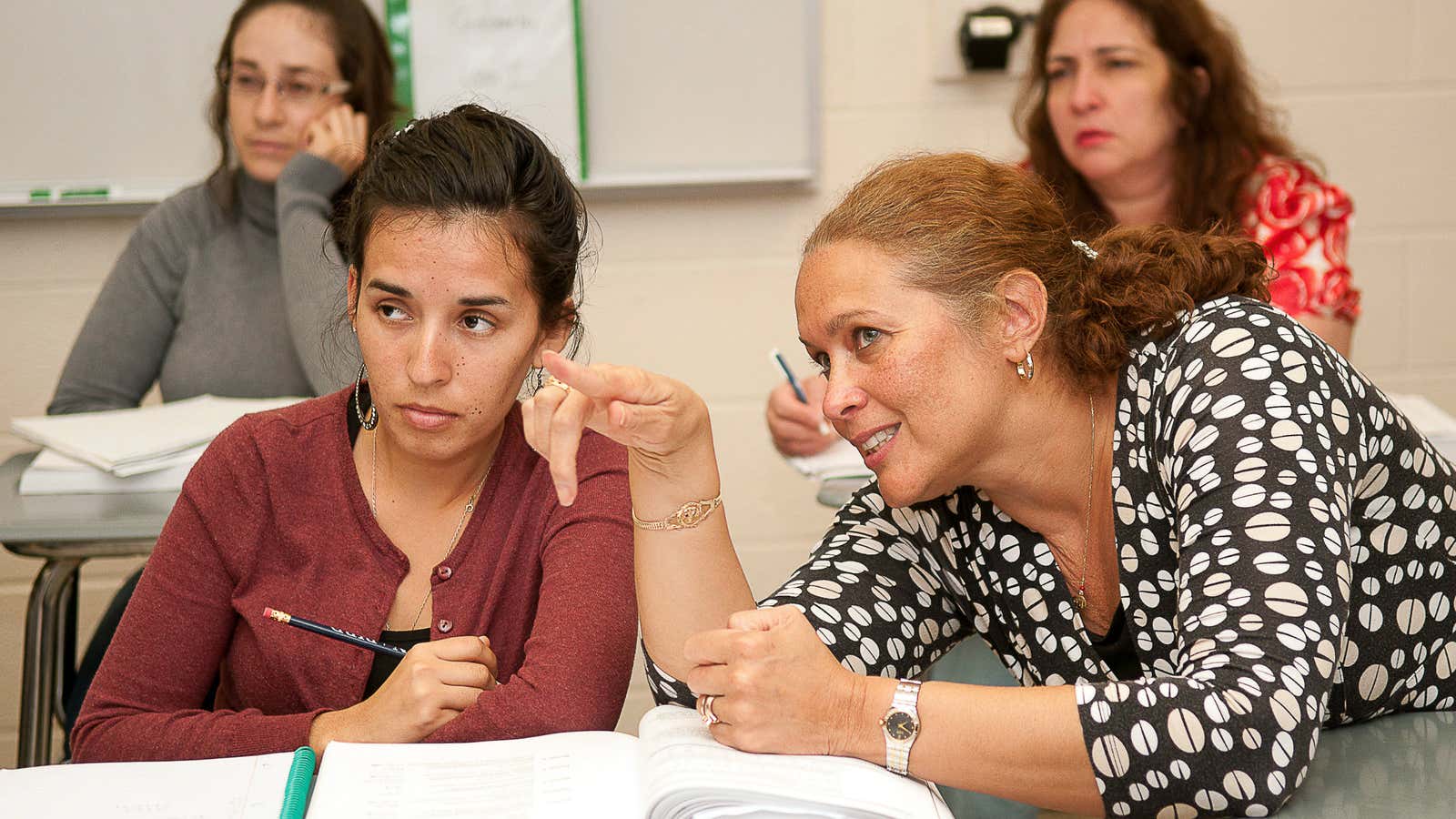In 1990, I was living in New York, volunteering at the Asia Society, stuffing envelopes and providing general office assistance. I was overqualified, with a master’s degree in education from Columbia University and two years of teaching experience in Belize, where I grew up. I was frustrated about not being able to get a challenging job and often hid in the bathroom and cried in between tasks. But I had recently entered the United States on a transit visa and overstayed. In today’s parlance, I was an undocumented immigrant.
Because truth is indeed stranger than fiction, I was appointed New York City’s first commissioner of immigrant affairs in 2002. My unique journey is possible only in America. But if the current push for immigration reform is successful, it can open up similar possibilities for the estimated 11 million undocumented immigrants in our country today.
Over the past few years, we have seen the bravery of young DREAMers and their activism as they come out of the shadows and advocate for change. Life, however, is not a series of brave anecdotes; being undocumented is mostly a silent and scary experience. I know this firsthand.
When I overstayed the visa, I somehow had to find my way to legal status and paid work. Instead of waiting until our families could join us at our wedding, my then-boyfriend and I married in a civil ceremony. I quickly found a job as an editorial assistant, passing up a desire to teach, which would have entailed waiting and bureaucracy for which I did not have the financial luxury. Like many others, I had to make choices I would not have made if I were not out of status. Unlike many others, that status lasted for a short time. I filled a newly created role at the Asia Society to work on Asian American community issues. From that role, I built a career out of immigrant integration, starting a youth organization in Queens and then being appointed a commissioner by New York City Mayor Mike Bloomberg.
I share kernels of my story with millions more in the United States today—preoccupying fear, nagging uncertainty, false choices. Along with them, I am deeply rooted in the United States, socially, economically, and culturally. That said, I have distinct advantages now—the ability to participate fully in the political process, to speak out freely against any injustice against me, to explore professional options and make choices based on my needs and desires rather than my immigration status. I could live and work anywhere in the world. Yet, I make my life here, in a country that gave me the opportunity to do so, and opened up professional roads I never knew existed when I was a child. These fortunes did not come on a silver platter, and comprehensive immigration reform is not a free ride for our country’s undocumented immigrants. But, I believe they are prepared to pay the price for full citizenship—fines, learning English, waiting their turn. Our challenge is to make that price fair and reasonable.
I stayed here because I could, but also because I believed in a particular vision of America—where equal opportunity is a reality and not simply a dream. Every day, I work on that vision of my country. Comprehensive immigration reform, with a timely and fair pathway to citizenship, is a giant leap forward toward a level playing field for all. Our country’s ability to pass transformational legislation to fix our immigration system will give me one more reason to be proud to be an American.
